New Delhi, January 22, 2024: Godrej Design Lab, in collaboration with the Council on Energy, Environment and Water (CEEW) and Integrative Design Solutions (IDS), has released a report titled "Building a Climate-Conscious India: Scalable Solutions for a Low-Carbon Built Environment". The report, unveiled at Conscious Collective 2024, offers a roadmap for decarbonizing India’s building sector, a key contributor to global greenhouse gas emissions, and provides guidance for architects, designers, developers, and policymakers on implementing scalable solutions.
Nyrika Holkar, Executive Director of Godrej Enterprises Group, commented, “The built environment and cities are pivotal to India’s net-zero ambitions. With 40% of India’s buildings yet to be constructed over the next 20 years, decisive action by the building sector today can set the nation firmly on a net-zero trajectory. The report offers a comprehensive framework for convergence across the built environment, providing tailored recommendations for stakeholders. By prioritizing behavioural change, fostering collaboration, and driving innovation, it equips policymakers, industry leaders, and consumers with the tools to enable large-scale adoption and realize a sustainable, net-zero future.”
The built environment accounts for 37% of global greenhouse gas emissions, with cities contributing 70%. The report suggests that strategic actions could lead to an 81% reduction in carbon emissions from India’s building sector by 2050. It emphasizes solutions across four key areas: urban planning, material and design innovation, building-level energy efficiency, and consumer-driven initiatives.
Dr. Arunabha Ghosh, Founder-CEO of CEEW, said, “Decarbonizing India’s built environment hinges on collaboration among policymakers, businesses, and consumers to align on cost-efficient solutions, skills development, and individual action. As time runs out, the emphasis must shift from isolated pilot successes to models that deliver impact at scale. Achieving this requires the right mix of cost-efficiency, skills development, and alignment with consumer preferences. Encouragingly, the market is showing readiness to embrace low-carbon interventions. The next step is to empower key actors and unlock the levers that will transform this opportunity into a win for both business and the climate.”
The report includes actionable steps such as implementing performance-based green building codes, streamlining compliance processes, and adopting innovative tools like gamification and blockchain-based energy trading. It also highlights successful initiatives such as Telangana’s Cool Roof Programme, Krushi Bhawan in Odisha, and Power Ledger projects, as well as global examples like Medellin’s Green Corridors, which reduced local temperatures by 2°C.
Aligned with Godrej Enterprises Group’s commitment to creating a Good and Green India, the report emphasizes the company’s ongoing efforts to empower consumers, reduce emissions, and conserve biodiversity for a sustainable future.





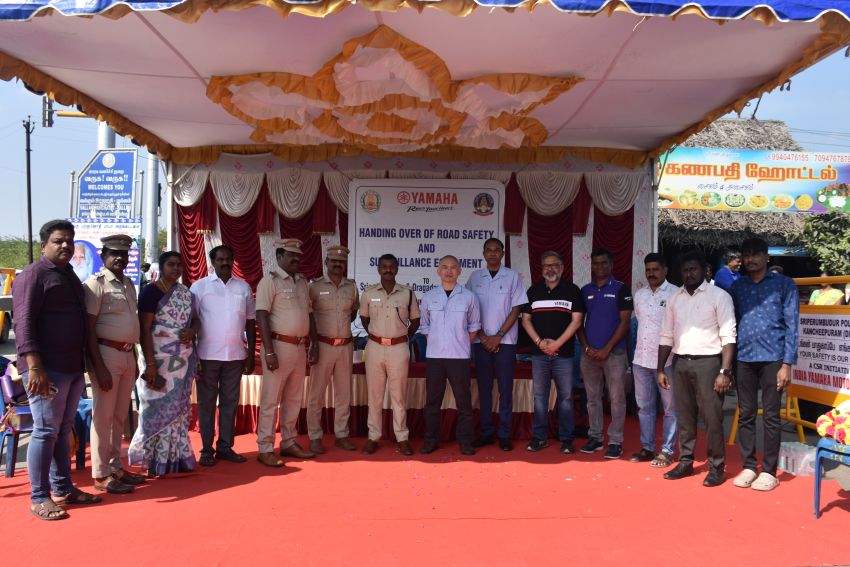

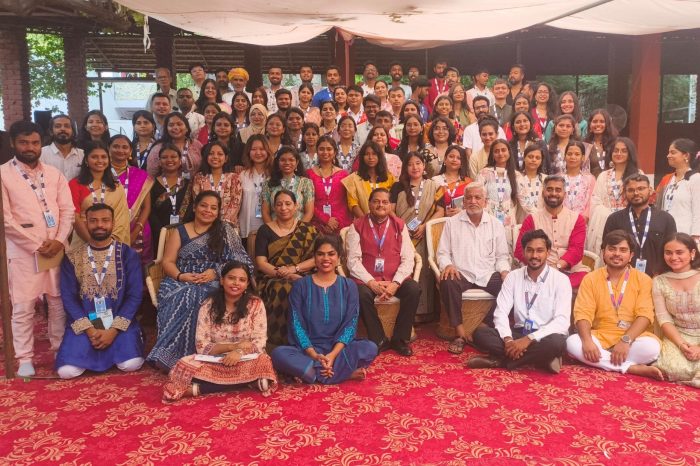
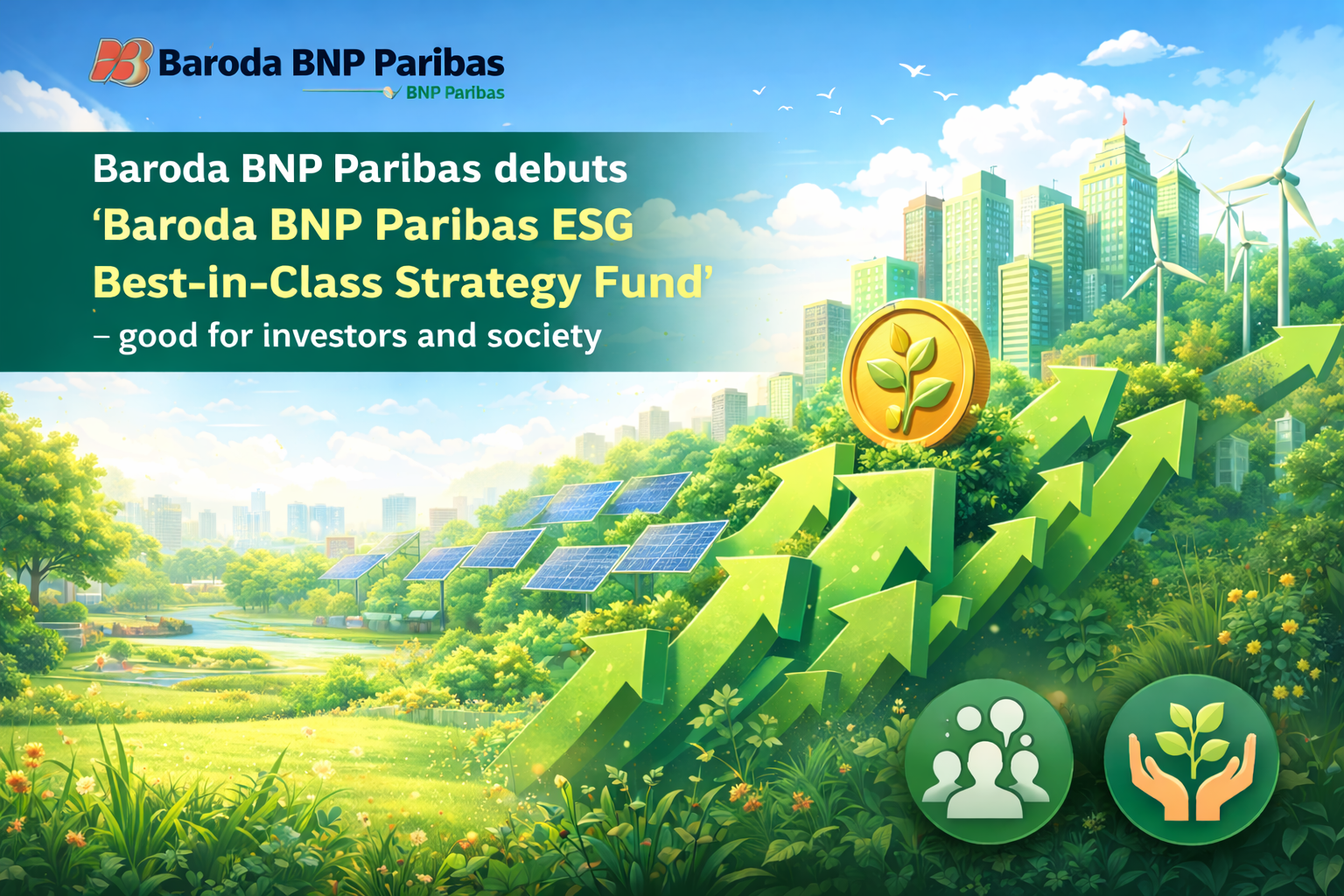

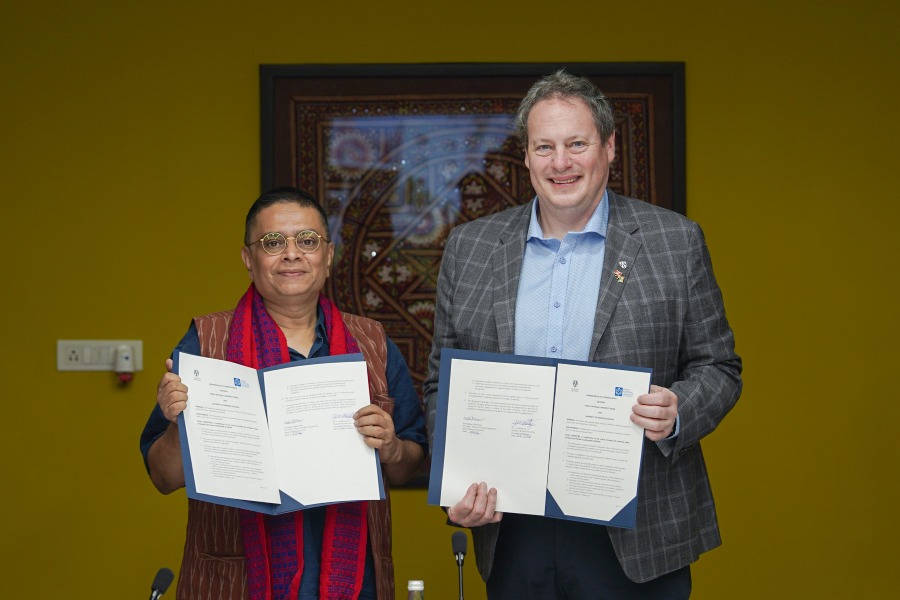
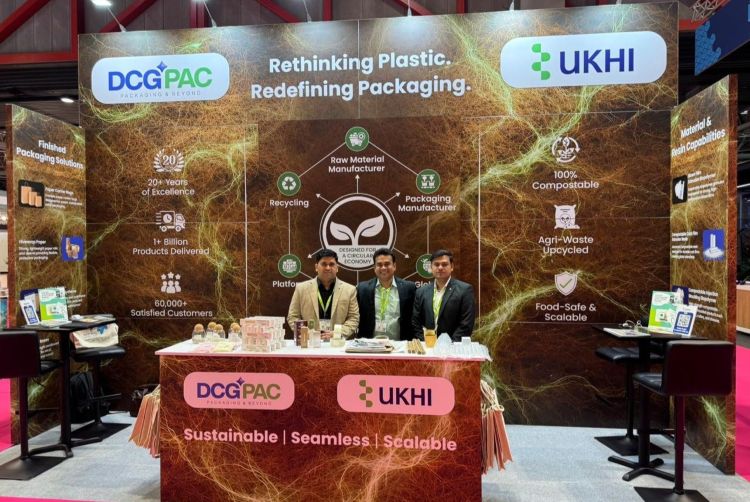



.jpg)



